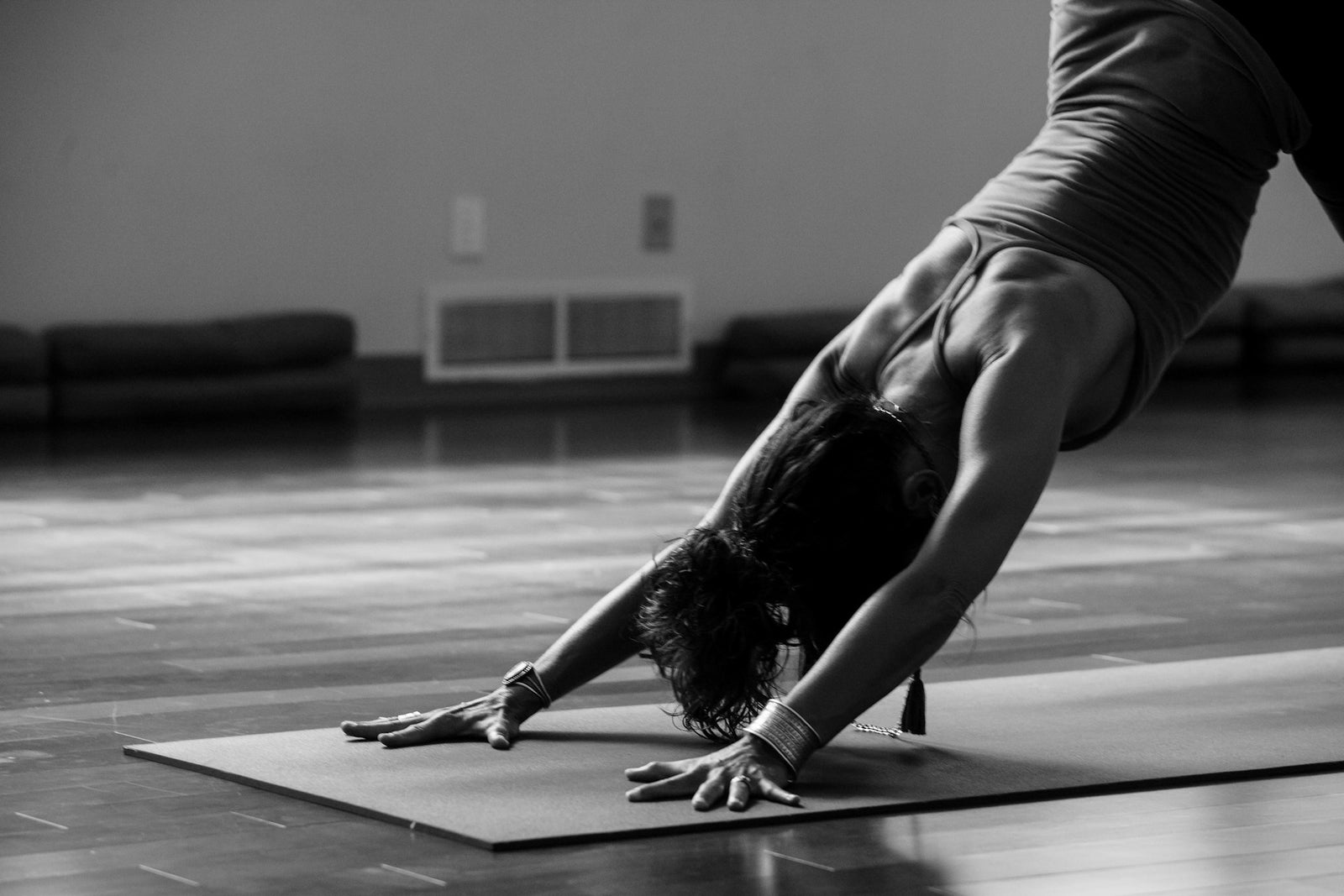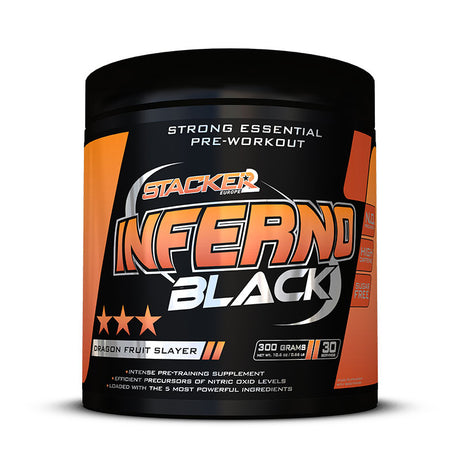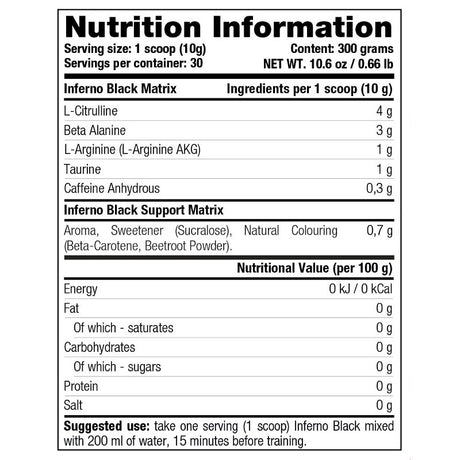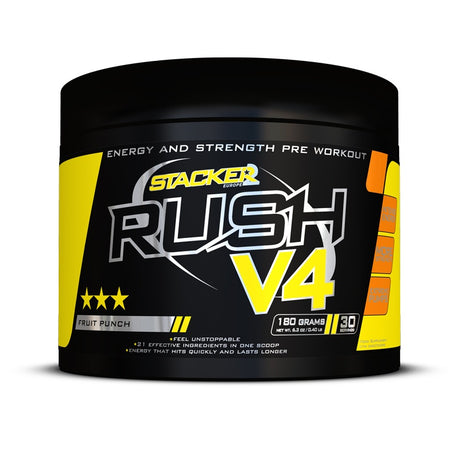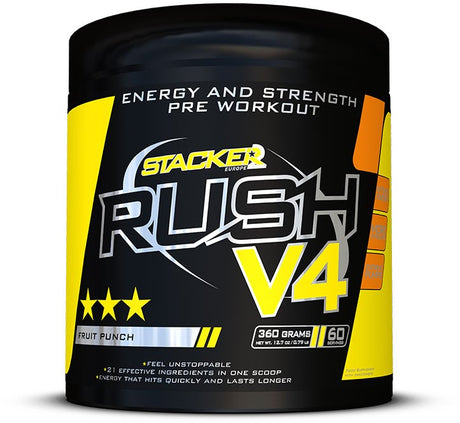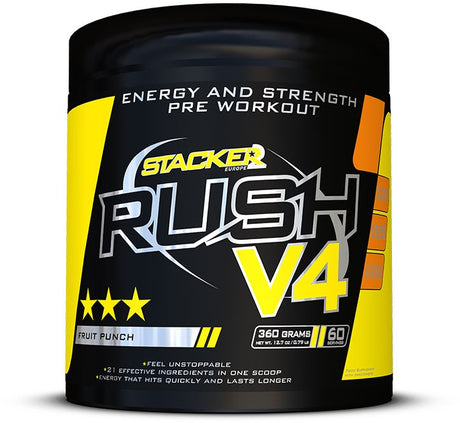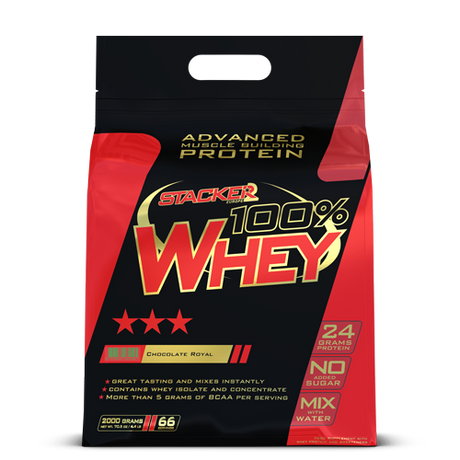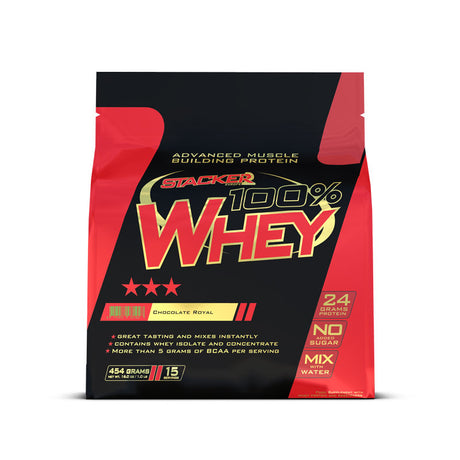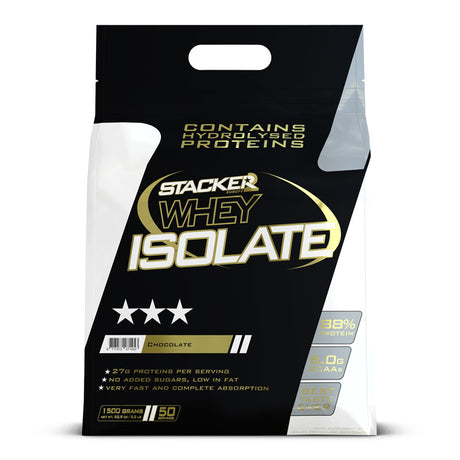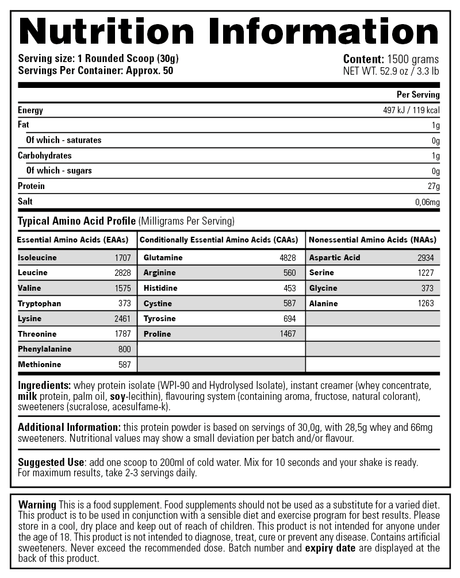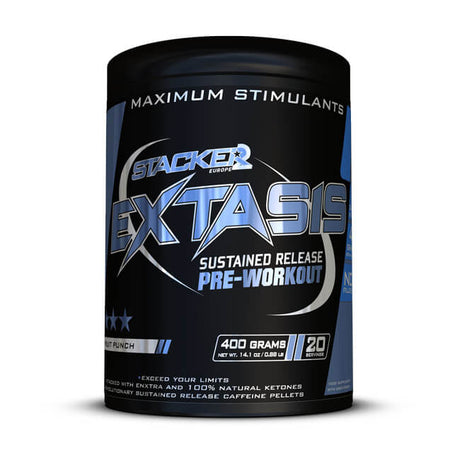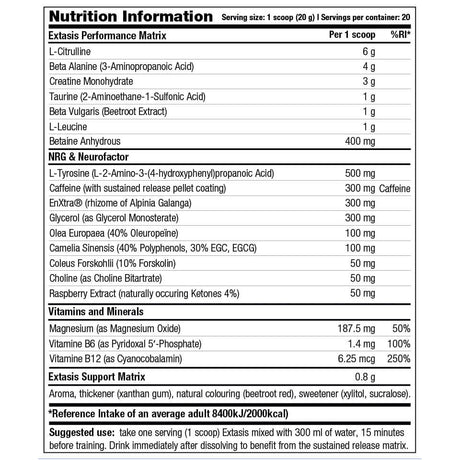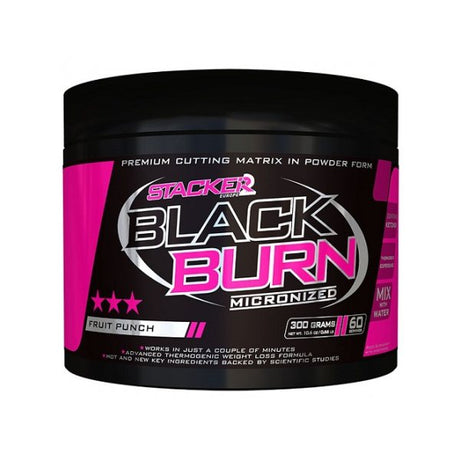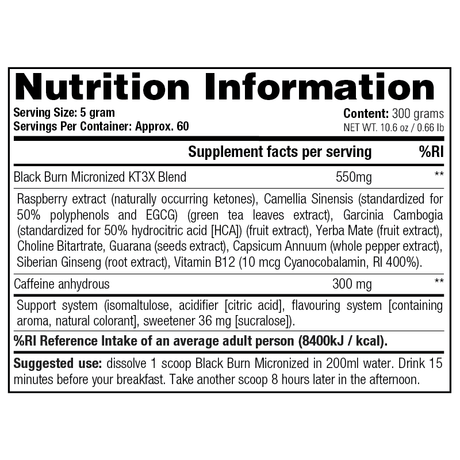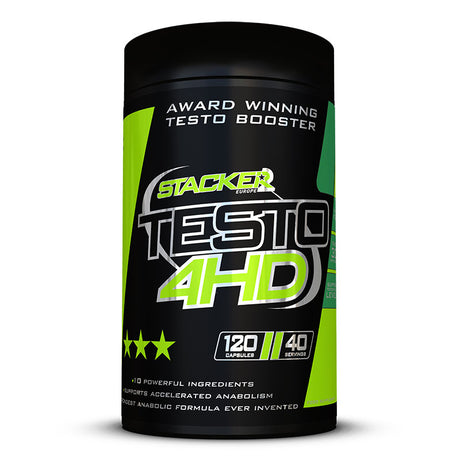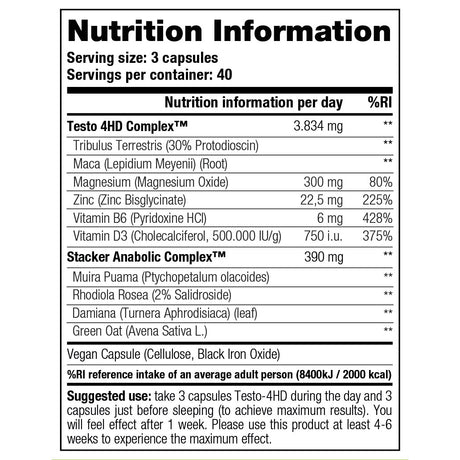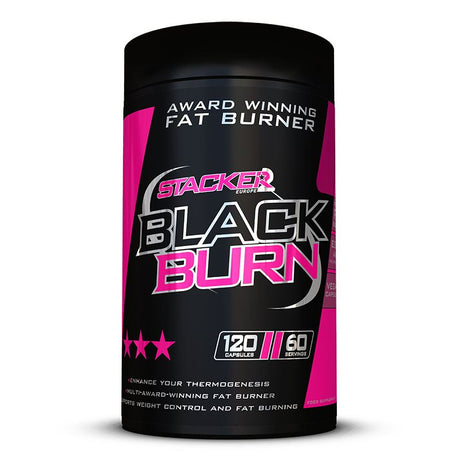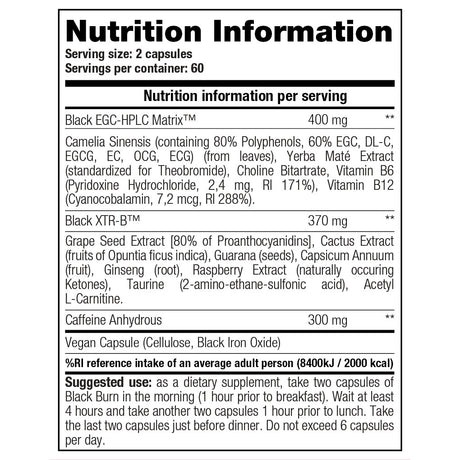Feeling rushed, stressed and always under pressure and high tension is not surprising in our society. More and more people experience stress because they are always on and do not take enough time for themselves to recover. A lot is asked of you in an often limited time. High cortisol levels cause a series of complaints that seriously affect the body and mind. This can lead to muscle breakdown and keep you from achieving your sports goals. At the same time, sport and exercise can help to get your stress levels under control.
Just put it first. Stress can also have a positive effect. People need it to the right extent to perform well. You are alert, sharp and get energy from carrying out tasks well. This also applies to your training. However, if you are constantly under high tension, it will be a completely different story. Then it can hinder your muscle recovery and sports goals.
What exactly is stress?
Stress is actually an imbalance and an important survival mechanism. It allows you to fight or flee in dangerous situations through a number of biological psychological processes. A distinction is made between acute stress or long-term/chronic stress. Short-term, acute stress ensures that we survive and are solution-oriented. Chronic stress tends to do the opposite. Because you are constantly on, excessive demands are placed on your body and mind. This can cause energy depletion. Your nervous system becomes overloaded. Your energy consumption is completely disrupted and you recover slowly or hardly at all. The good news is that this process is reversible.
Stress complaints
A lot of processes start when you experience long-term stress. Stress hormones are released, of which cortisol is the best known. This is produced in the adrenal cortex. You may have various body complaints or experience that you are not making progress in your training:
- The body can produce more glucose: this ensures the breakdown of proteins that are necessary for the maintenance and recovery of muscles.
- Accumulation of fat due to increased insulin production
- Burnout complaints
- Shallow breathing, palpitations and high heart rate
- Disturbed sleep
- Memory and concentration problems
- Emotional dysregulation
- Chronic fatigue or pain
Stress therefore creates a bad starting position to hit the gym and get the most out of your training. This can be physical because you recover less quickly, are tired and lose weight less quickly. However, it can also eat away at you mentally and cause you to have no motivation to maintain your training routine due to a lack of focus. Because you do not see the desired results from your training due to high cortisol levels, you can end up in a negative spiral. That's a shame because building a good, strong, healthy and fit body is often a matter of sticking to your exercise routine and keeping going. Especially when things are not going well. Moreover, sport and exercise are key to reducing cortisol levels and stress!
Lowering cortisol
Okay, back to basics. Peace, cleanliness, regularity. Everyone knows these 3 R's. The trick is to give them a place even in a busy life, so that your body recovers sufficiently to be able to accelerate at other times. Rest: ensure you get 7 or 8 hours of sleep on a regular basis and plan enough relaxation moments between your training. Cleanliness: a broad concept. In a nutshell, it comes down to living 'clean'. So make sure you get the right healthy nutrients in the right amount. A good balance between, for example, proteins, carbohydrates and fats. And of course plenty of vitamins. Regularity: people enjoy structure. So work with a schedule. Schedule blocks for yourself. This ensures that you get a grip on your life and know where you stand. Good planning also makes it easier to stick to your routines.
Light sports exercises and other activities
In addition to rest, cleanliness and regularity, it is good to look for activities that are relaxing for you and that you enjoy. For some this means yoga and meditation or breathing exercises, for others it is a walk in nature, reading a good book or watching a movie. Be sure to strive for one or more outdoor activities in a green environment, as this contributes to better health. People recover through greenery. It provides a kind of reset, so to speak. It reduces stress and improves concentration.
Stress and nutrition
Getting your stress under control is usually easier said than done. Healthy food is an important factor in this. When you train a lot, your body needs proteins. To prevent your body from using proteins in the muscles to produce extra glucose, it is important that you eat enough protein-rich products. Vitamin C and unsaturated fats, such as omega 3, can also lower cortisol. Provide a healthy, varied diet, supplemented with, if desired protein supplements. Make sure you are balanced in all areas, so that you can train hard to achieve results and recover sufficiently from all your daily (sports) efforts.

